-
On Sale!
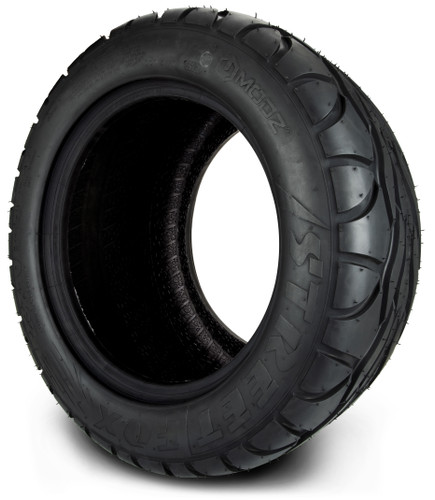
MODZ® Street Fox 23x10-R14 Radial Golf Cart Tire
Was: $191.99Now: $117.95 -
On Sale!

MODZ® Street Fox 23x10-R12 Radial Golf Cart Tire
Was: $181.99Now: $110.95 -
On Sale!
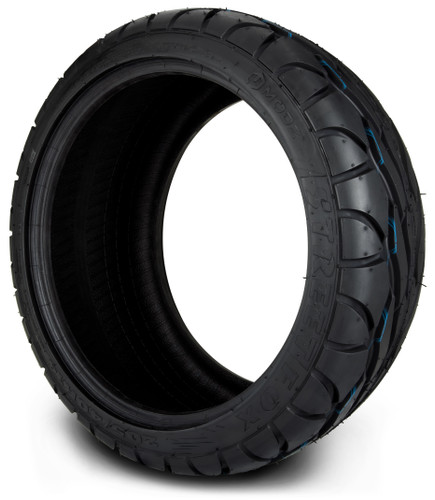
MODZ® Street Fox 205/40-R14 Radial Golf Cart Tire
Was: $179.99Now: $109.95 -
On Sale!

MODZ® Street Fox 245/50-R12 Radial Golf Cart Tire
Was: $185.99Now: $113.95 -
On Sale!

MODZ® Street Fox 20x10-R10 Radial Golf Cart Tire
Was: $169.99Now: $103.95 -
On Sale!

MODZ® Street Fox 22x11-R10 Radial Golf Cart Tire
Was: $183.99Now: $111.95 -
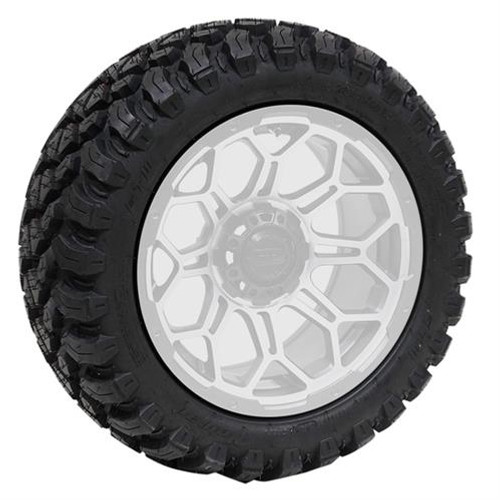
GTW 23x10-R14 Nomad Radial Steel Belted Tire
MSRP: $210.95$148.95 -

RHOX Road Hawk, 23x10R14 Radial DOT, 4 Ply Golf Cart Tire
MSRP: $218.00$177.95 -
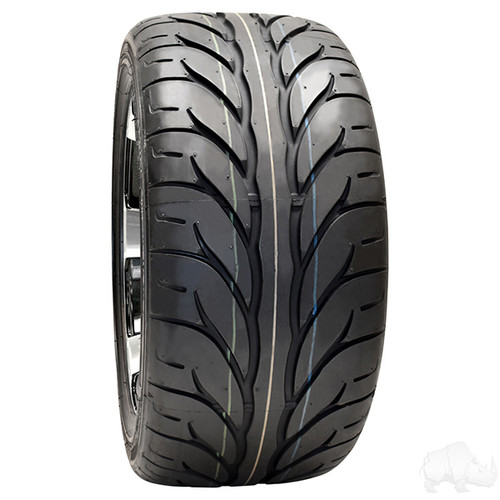
Kenda Kruzer 215/40R12 4 Ply Steel Belted Radial
MSRP: $236.00$194.95 -
On Sale!
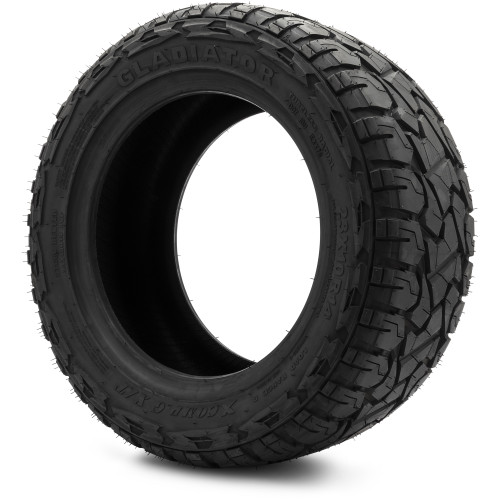
Xcomp® Gladiator 23x10-R14 Radial Golf Cart Tire
Was: $189.99Now: $133.95 -

RHOX Road Hawk, 22x10R14 Radial DOT, 4 Ply Golf Cart Tire
MSRP: $214.00$175.95 -

RHOX Road Hawk, 22x10-12 Radial , 4 Ply Golf Cart Tire
MSRP: $199.00$167.95 -
On Sale!

Xcomp® Gladiator 215x50-R12 Radial Golf Cart Tire
Was: $165.99Now: $111.95 -

205/40-R14 GTW Fusion GTR Steel Belted DOT Tire (Lift Required)
MSRP: $165.95$132.95 -

RHOX Road Hawk , 215/50 R12 Radial DOT, 4 Ply Golf Cart Tire
MSRP: $172.00$151.95 -
On Sale!

Xcomp® Gladiator 23x10-R12 Radial Golf Cart Tire
Was: $187.99Now: $127.95 -

Kenda Kruzer 205/35R14 4 Ply Steel Belted Radial
MSRP: $254.00$205.95 -
On Sale!

Odyssey Tesseract Steel Belted Street Golf Cart Tire 215/35-14
Was: $123.99Now: $75.95 -
On Sale!

MODZ® Street Fox 205/45-12 Radial Golf Cart Tire
Was: $169.99Now: $103.95 -
On Sale!

Xcomp® Gladiator 22x11-R12 Radial Golf Cart Tire
Was: $173.99Now: $114.95 -

15" GTW® Nomad Steel Belted Radial DOT Tire 23x10-R15
MSRP: $220.95$164.95 -
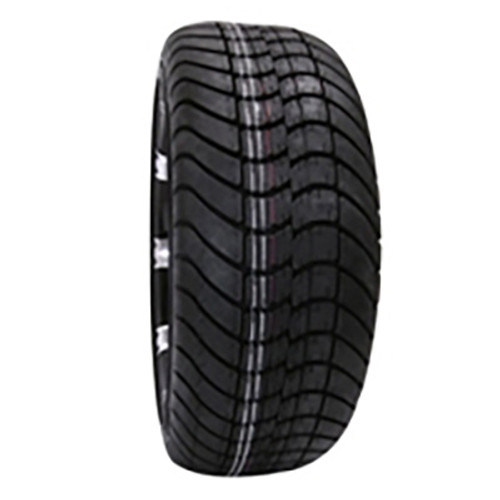
14" Achieva Low Profile, 205/40R-14, Radial 4 Ply DOT Golf Cart Tire
MSRP: $199.95$128.95 -

RHOX Achieva Low Profile, 205/35R15 Radial DOT Golf Cart Tire
MSRP: $186.00$159.95 -

Kenda Pro Tour Radial, 205/50-R10, 4 ply Golf Cart Tire
MSRP: $144.00$135.95 -
On Sale!

Xcomp® Gladiator 205x35-R14 Radial Golf Cart Tire
Was: $179.99Now: $130.95 -
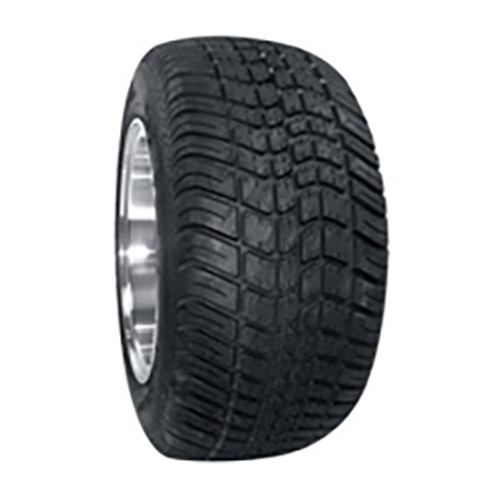
Kenda Radial Pro Tour Low Profile, 205x35R-12 4 Ply DOT Golf Cart Tire
MSRP: $181.00$156.95 -
On Sale!

MODZ® Roverz 23x10.5-14 Radial Golf Cart Tire
Was: $167.99Now: $99.95 -

RHOX Road Hawk, 20x10R10 Radial DOT, 4 Ply Golf Cart Tire
MSRP: $172.00$151.95 -

RHOX Road Hawk, 23x10R12 Radial DOT, 4 Ply Golf Cart Tire
MSRP: $214.00$175.95 -
On Sale!

Xcomp® Gladiator 205x35-R12 Radial Golf Cart Tire
Was: $139.99Now: $99.95 -
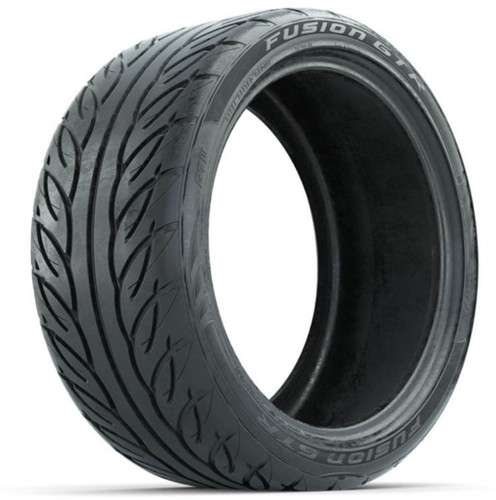
15" GTW® Fusion GTR Steel Belted DOT Tire - 215/40-R15
MSRP: $220.95$164.95 -
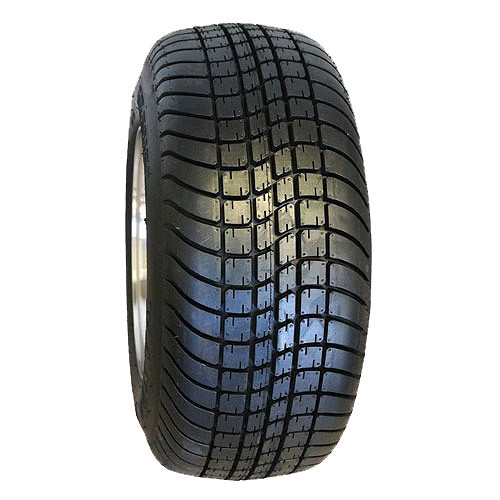
RHOX RXLP Radial, 205/65-R10, 4 Ply Golf Cart Tire
MSRP: $115.00$89.95 -
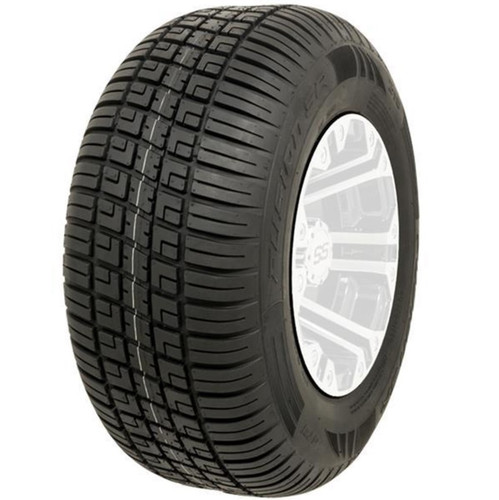
GTW Fusion S/R 215/50-R12 Steel Belted DOT Tire
MSRP: $170.95$135.95 -

GTW® Nomad Steel Belted Radial DOT Tire - 20x10-R12
MSRP: $174.95$137.95 -
On Sale!

Odyssey Tesseract Steel Belted Street Golf Cart Tire 215/50-14
Was: $139.99Now: $85.95 -
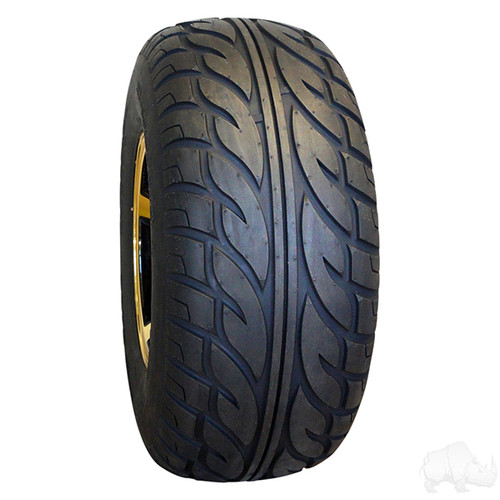
RHOX Road Hawk, 22x10R10 Radial DOT, 4 Ply Golf Cart Tire
MSRP: $199.00$167.95
Understanding Radial & Steel-Belted Tires
Getting to know radial and steel-belted golf cart tires can really help your cart run better and last longer. This quick overview will show you what makes each type special, so you can pick the best tires for your rides.
Standard Radial vs Steel-Belted Radial
| Specification | Radial Tires | Steel-Belted Tires |
|---|---|---|
| Tread Design | Efficient on turf and pavement | Enhanced grip and durability on various terrains |
| Ply Rating | 4-ply, balanced durability and flexibility | 4-ply or higher, extra strength for tougher conditions |
| Max Load per Tire | Ranges from 600 to 965 lbs | Varies between 761 to 992 lbs |
| DOT Approved | Many are DOT approved for street use | Often DOT approved, street-legal |
| Ideal Application | Smooth on pavement, light off-road use | Maximum durability and performance on challenging terrains |
| Tread Width | Balanced performance, minimal turf damage | Similar to radial, optimized for tougher terrains |
| Tread Depth | Balanced smooth rolling and grip on soft surfaces | Deeper for better grip on rough and uneven terrain |
Tire Specifications Guide
- Tire Dimensions: The size and measurements of the tire, which determine its suitability for specific golf cart models and intended use on different surfaces.
- Ply Construction: Refers to the layers that make up the tire's structure, with a higher number of plies providing increased robustness and the ability to handle more demanding conditions and heavier cargo.
- Tread Design: The pattern and depth of the tire's tread, which influence its performance on diverse terrains. Deeper, more aggressive treads excel in off-road situations, while shallower, smoother designs are better suited for paved surfaces and turf.
- DOT Approval: Tires that are DOT (Department of Transportation) approved have met stringent safety and quality standards, making them legal for use on public roads and highways. This is an important consideration for golf carts that may need to traverse public streets in addition to golf courses and off-road paths.
Frequently Asked Questions (FAQ)
Q: What's the main difference between radial and steel-belted radial golf cart tires?
A: Radial tires have cords that run perpendicular to the direction of travel, offering improved ride quality and fuel efficiency. Steel-belted radial tires include steel belts for added durability and puncture resistance, making them ideal for rough terrains.
Q: Can both radial and steel-belted radial tires be used on any golf cart?
A: Yes, both types of tires can be used on most golf carts, but it's important to choose the right tire size and consider the specific needs of your golf cart, including terrain and load capacity.
Q: Are steel-belted radial tires more expensive than radial tires?
A: Generally, steel-belted radial tires are more expensive due to the added durability and performance benefits they offer, especially in tough driving conditions.
Q: How do I know which type of tire is best for my golf cart?
A: Consider the main use of your golf cart. If you frequently drive on rough terrains and need extra durability, steel-belted radial tires might be the best option. For general use and smoother rides, radial tires are sufficient.
Q: Can I mix radial and steel-belted radial tires on my golf cart?
A: It's not recommended to mix tire types due to differences in handling and performance. Stick to one type of tire for all wheels to ensure the best performance and safety of your golf cart.
Q: How do I determine the load capacity needed for my golf cart tires?
A: Check the manufacturer's specifications for your golf cart's maximum load capacity and ensure the tires you select can collectively support that weight. Consider the weight of passengers, cargo, and the golf cart itself.
Q: Are steel-belted radial tires DOT approved?
A: Many steel-belted radial tires are DOT approved for street legal use, but it's important to check each tire model for the DOT approval mark to ensure compliance with legal requirements for street driving.
